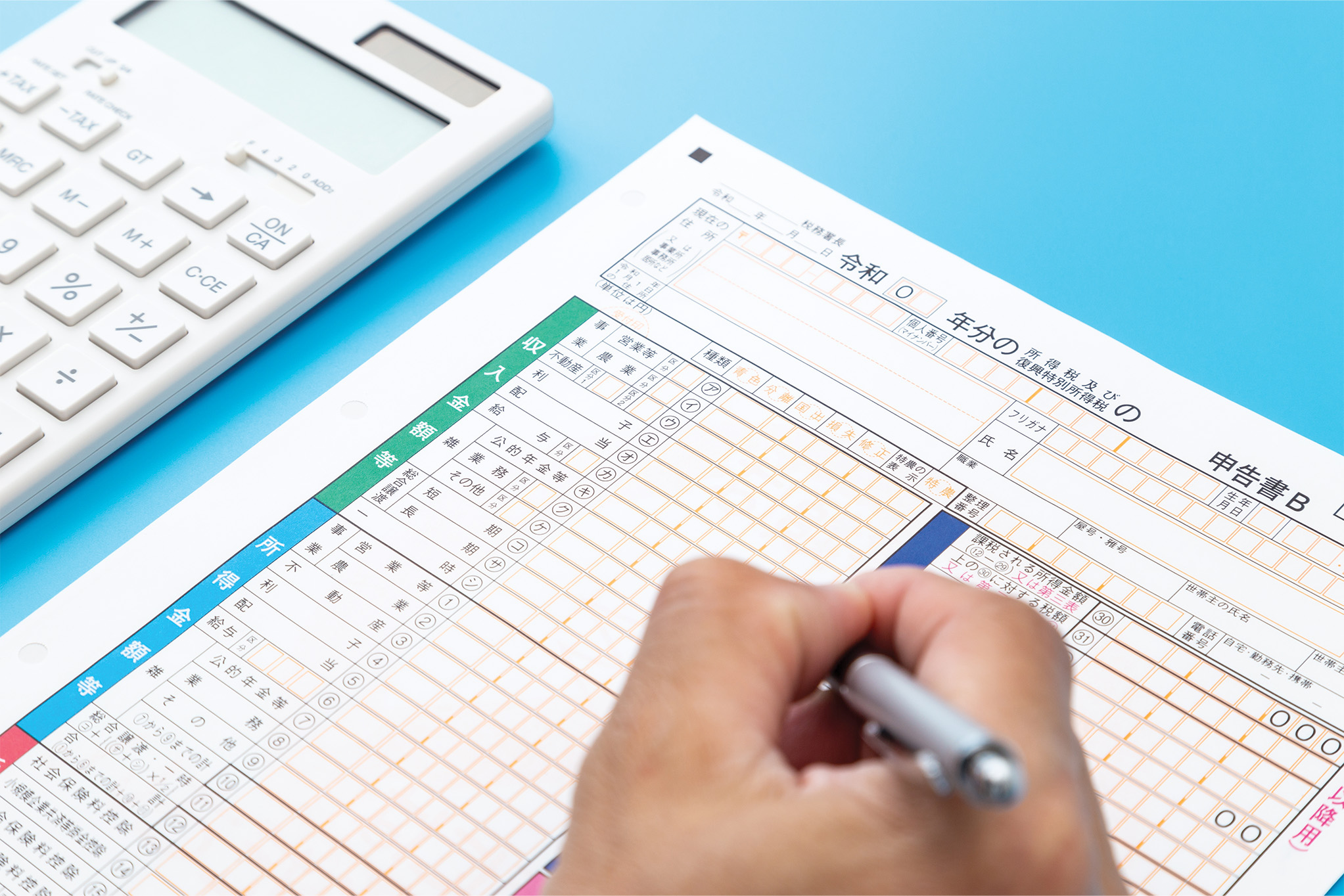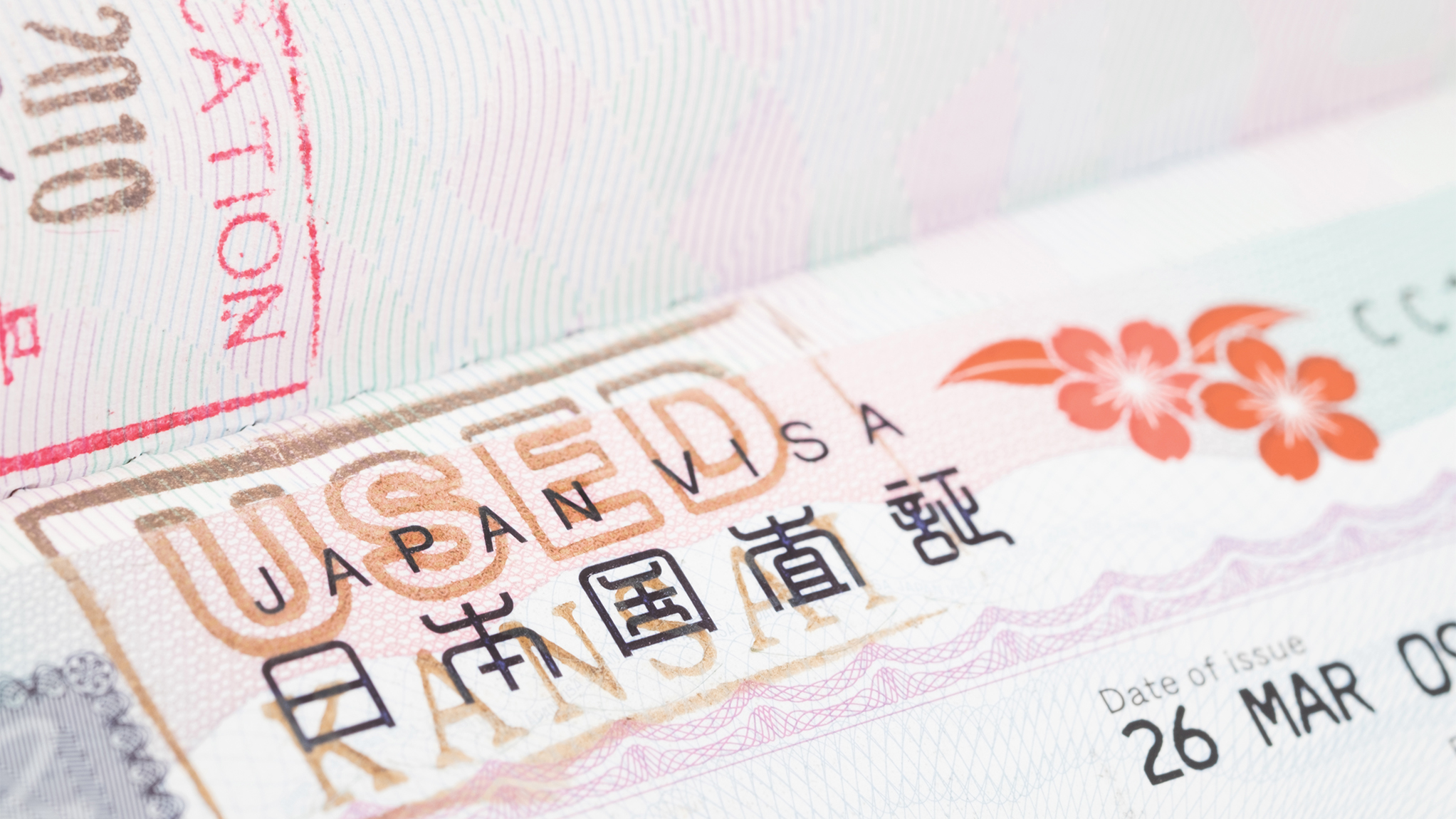Japan’s relationship with its growing number of foreign residents seems like it’s in a constant state of flux. On the one hand, it seems positive with news being released this month about a new six-month “digital nomad visa.” Nikkei Asia reported that, “To be eligible for the new status, applicants must have an annual income equivalent to ¥10 million ($68,000) or more, be a citizen of one of 50 countries and regions that have visa waiver agreements with Japan and have private health insurance.” Sounds great in theory, but on the other hand the Japanese government has also recently announced that permanent residents might have their status revoked if they fail to pay taxes and social security premiums.
Changing Attitudes to Permanent Residency
Permanent residency is often viewed as being the golden ticket for many foreign nationals living in Japan. In the old days, it was difficult to obtain, with many applicants resorting to hiring lawyers to mine the difficult bureaucratic landscapes involved. Over the years, and perhaps, in response to Japan’s dwindling population, attitudes to permanent residency have changed with more and more long-term residents applying for and being granted permanent resident status. The Japan Times reported last year that as of December 2022, “By residential status, permanent residents were the largest group at 880,178.” In fact, permanent residents in Japan account for 27% of all foreign residents in the country.
The news that tougher guidelines may be introduced, and that permanent residency could be revoked has caused a bit of a kerfuffle within various foreign communities in Japan. Up until now, the only real guidelines for permanent residents, according to a recent article in The Asahi Shimbun, were that, “The immigration control law stipulates that permanent residents must be of ‘good conduct’ and have ‘sufficient assets or ability to make an independent living.’”
Currently, the only real reason for revoking permanent residency is for falsifying documents and giving false information to the immigration authorities. Sounds about right. However, if recent news is anything to go by, then authorities might well soon be trawling through and inspecting your tax records and social security submissions.

New Waves of Control and Interference
It does seem, however, that if you pay your taxes like a dutiful citizen and submit truthful and accurate information about your income and social security contributions, then you have absolutely nothing to worry about. Critics may, on the other hand, point out that this could be the introduction of new waves of control and interference connected with Japan’s growing number of foreign residents, a population that Japan seems to have an ongoing love-hate relationship with. This is something that looks likely to continue if the conservative Liberal Democratic Party stays in power.
According to The Asahi Shimbun article, pressure has been put on the ruling political party due to local government concerns, stating that, “local governments concerned about future financial burdens have demanded putting the stricter rules in place, stating, the “fulfillment of tax payments needs to be confirmed [and] if a person is delinquent on taxes, his or her permit should be revoked.”









